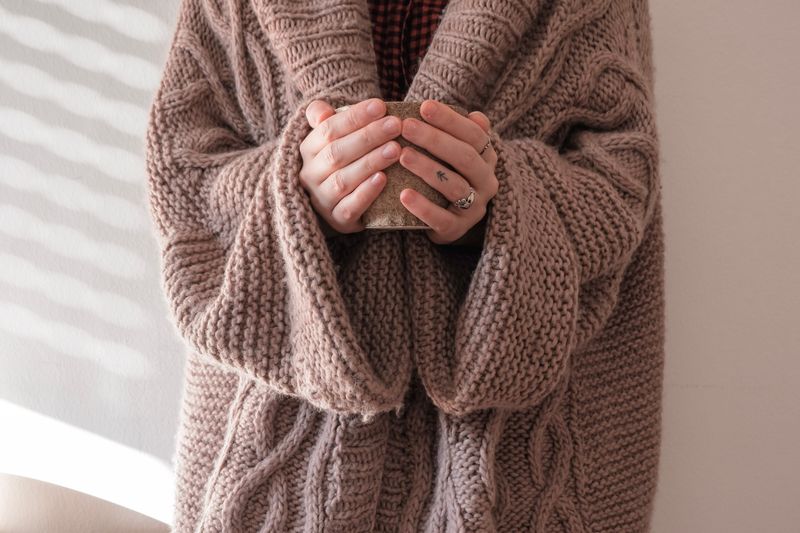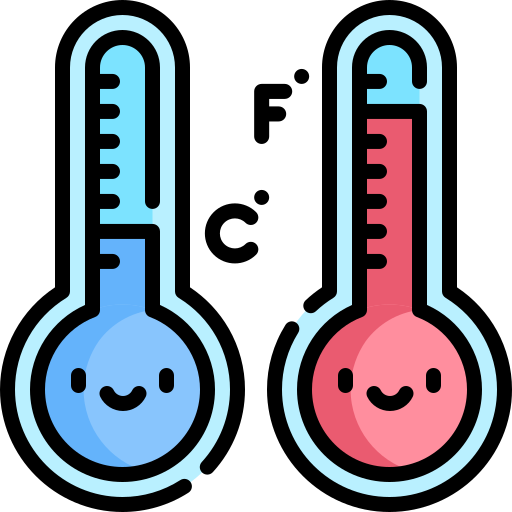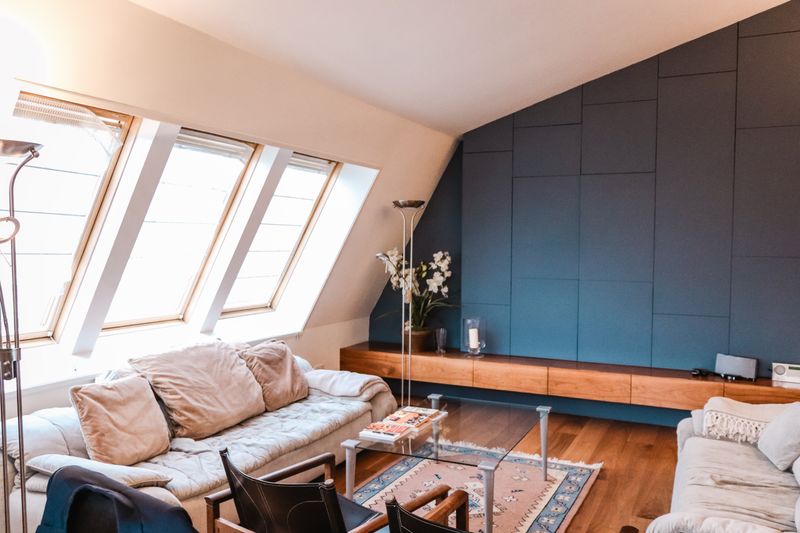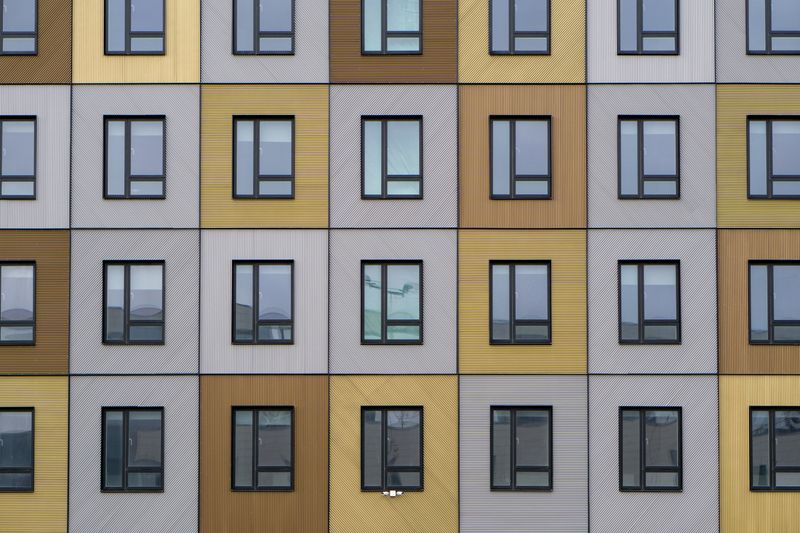"Put another sweater on!"
 Photo by Giulia Bertelli on Unsplash
Photo by Giulia Bertelli on UnsplashGrowing up, you might have been told to wear more clothes in the house during winter so your family could save money on the heating bill or reduce your energy consumption.
But piling on more sweaters isn't the only solution!
Some simple changes to your living space and habits will keep your energy consumption to a more sustainable level.
Turn The Heat Down
The best home temperatures for energy savings are:
Winter: 20 degrees Celsius/68 degrees Fahrenheit
Summer: 25.5 degrees Celsius/78 degrees Fahrenheit

You can save even more, as much as 10% a year in heating and cooling costs, by adjusting thermostat temperatures just 4-5.5 degrees Celsius or 7-10 degrees Fahrenheit lower for 8 hours a day.
You can turn your heat down:
When sleeping
 Photo by Andisheh A on Unsplash
Photo by Andisheh A on UnsplashWhen not at home
 Photo by Alex Kotliarskyi on Unsplash
Photo by Alex Kotliarskyi on UnsplashQuiz
Leia works from home every day and wants to save money on her heating bill. When could turn the heat down? Select all that apply.
Simple Home Hacks
Hang thick or insulated drapes
This helps keep heat from escaping through older or less reliable windows.
 Photo by Güner Deliağa Şahiner on Unsplash
Photo by Güner Deliağa Şahiner on UnsplashUse window films
Like the above recommendation, this can also help to keep heat in, but be mindful of which windows you cover, as you won't be able to easily open them while the film is over the window.
Close room doors
Closing doors prevents cross-draft between rooms and keeps the heat isolated in whatever room you're in.
 Photo by Jorge Flores on Unsplash
Photo by Jorge Flores on UnsplashPlace draft guards at doors
Placing a barrier below doors keeps heat from escaping and cold from getting in.
Keep Moving
Exercise can keep your body's core temperature elevated for as little as 20 minutes or as long as several hours after a workout.
 Photo by Jenny Hill on Unsplash
Photo by Jenny Hill on UnsplashNot only will this help you get in better shape but you'll feel warmer for an extended period of time.
Drink Up
Not the boozy kind.
Drinking hot beverages such as coffee, tea or simply hot water will go a long way in helping you to stay warm.
 Photo by Kowit Phothisan on Unsplash
Photo by Kowit Phothisan on UnsplashIn some parts of the world, cold water is never consumed because it's believed to lead to a cold body which will lead to illness.
It may seem strange to drink hot water but once you start this habit it will become a normal routine.
Move Out
If you're able to find alternative housing, consider these things that can help go a long way in reducing your heating consumption.
Live in a newer building or house
Older buildings tend to lose heat in the winter due to a lack of proper insulation.
 Photo by Emily Wang on Unsplash
Photo by Emily Wang on UnsplashWhere's the sun?
When finding a place to live, you should keep in mind the direction your windows face. You'll get more direct sunlight if your windows face south.
Windows
Too many can lose heat and not enough won't provide heat. Also, older windows will not be as reliable.
 Photo by Pierre Châtel-Innocenti on Unsplash
Photo by Pierre Châtel-Innocenti on UnsplashQuiz
If you want to reduce your heating consumption, you should (select all that apply):
Take Action
It's possible to stay warm and still save money! You don't need to spend thousands of dollars on home upgrades to have a more sustainable living space. You can make simple adjustments to your home, or push the envelope with lifestyle changes.

Here are some more Bytes to help you discover more ways to keep a sustainable home:
Your feedback matters to us.
This Byte helped me better understand the topic.
